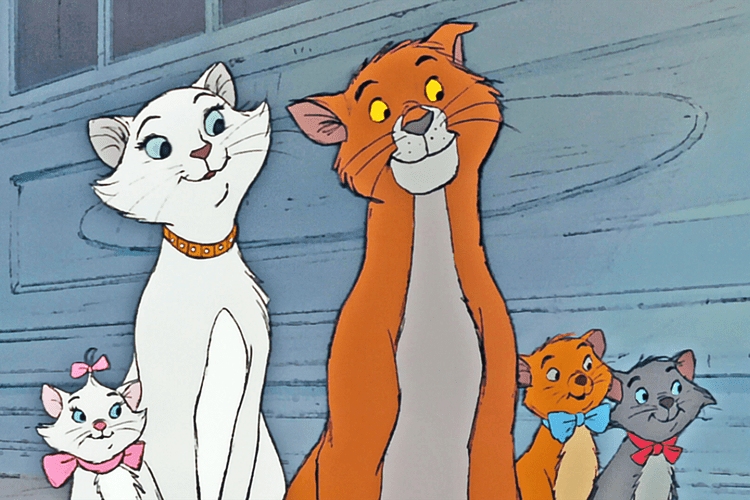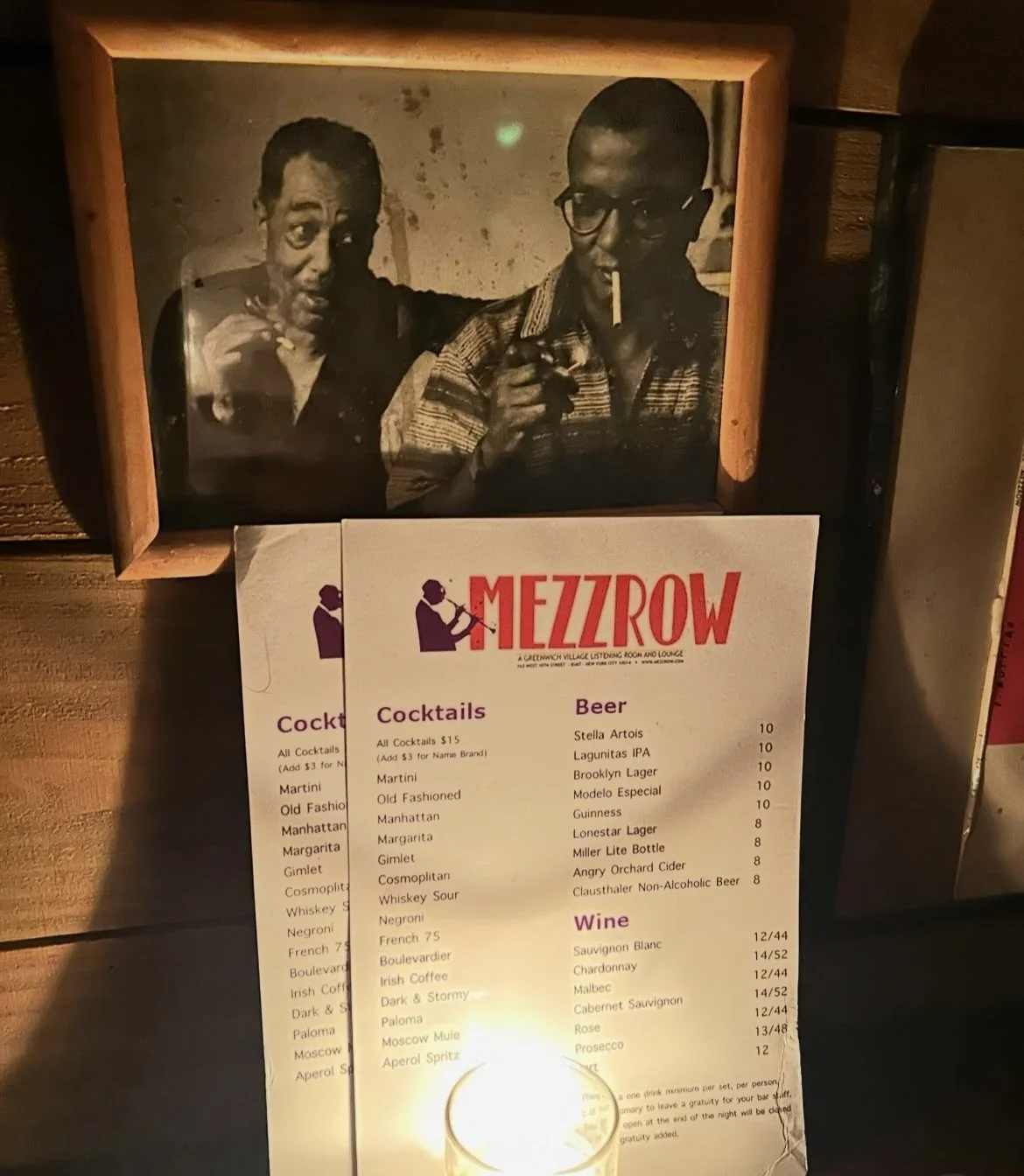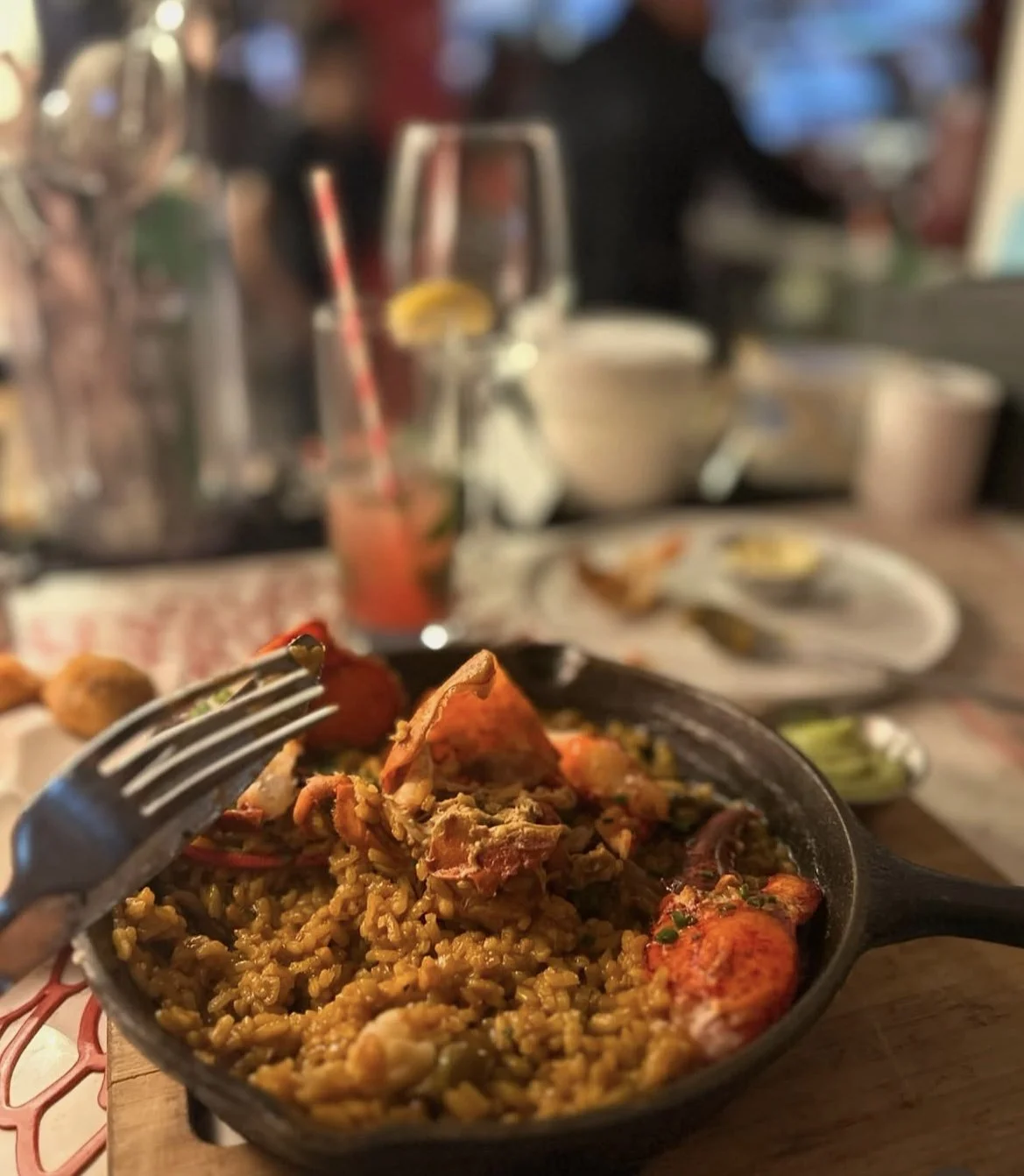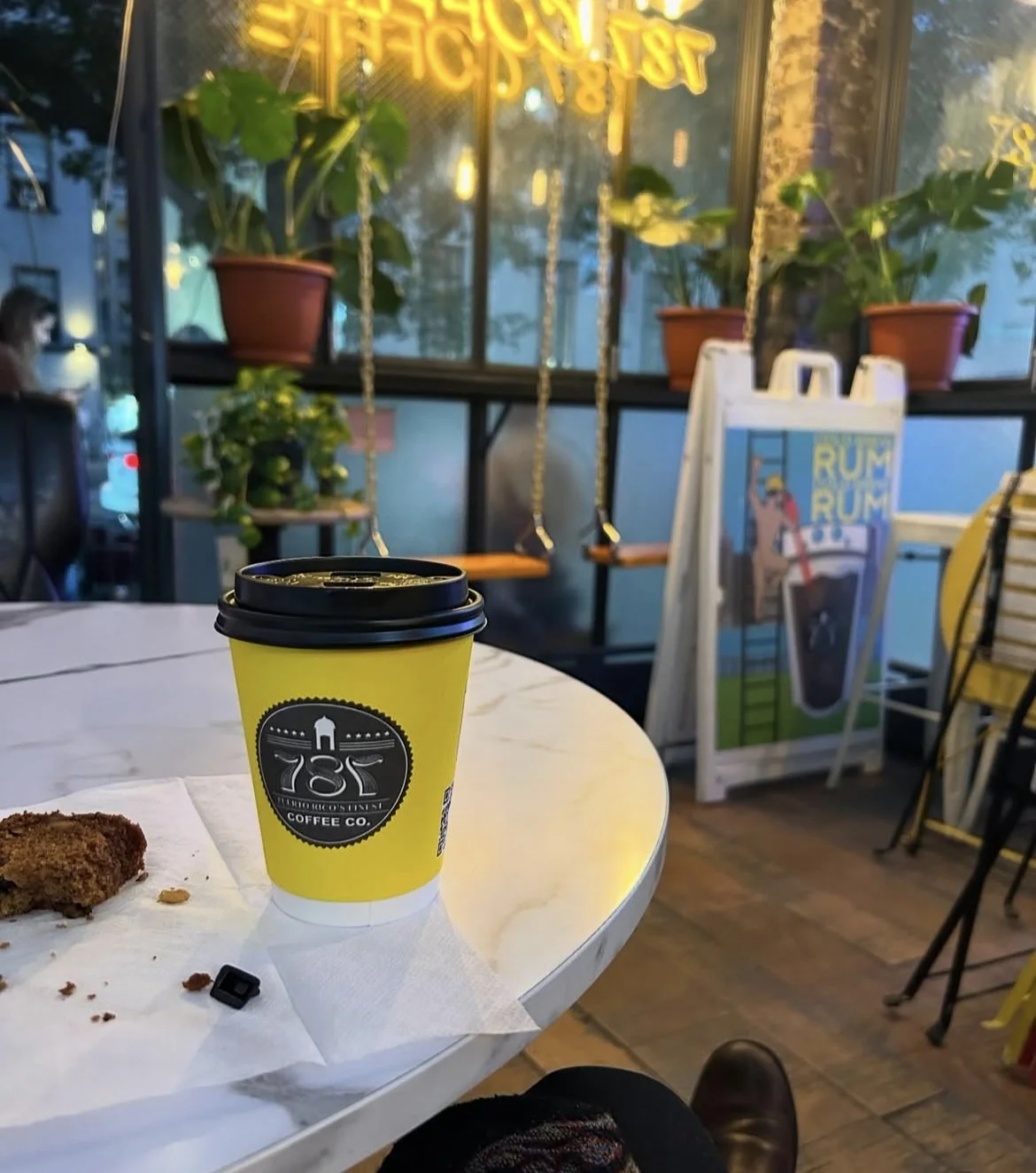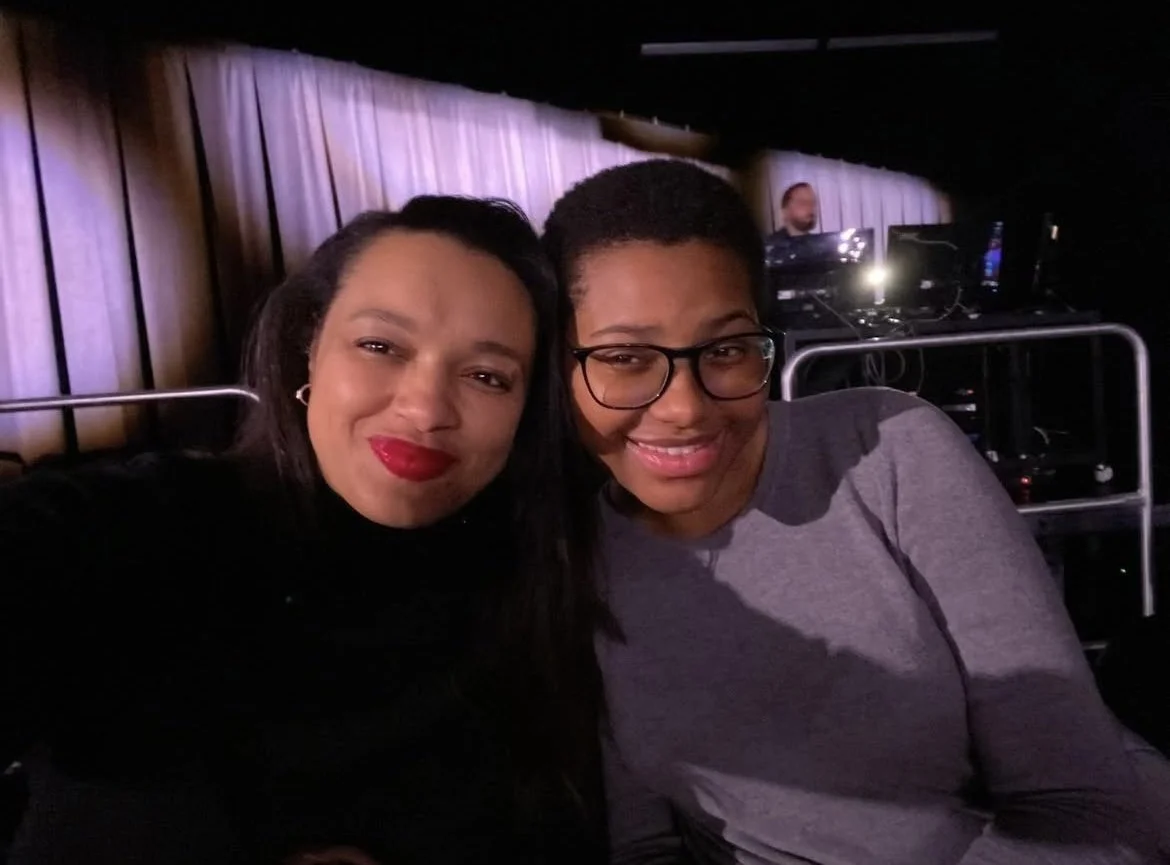An Ode to Mothers: On Love, Lessons, and the Legacy We Build
The AristoCats - one of my favorite representations of a single mother finding love. Photo Credit: www.thedailypaws.com
Motherhood has a way of revealing the deepest corners of who we are - our strength, our insecurities, our regrets, and our hopes. It’s not just a role; it’s a mirror. One that reflects back to us not only the love we so freely give but also the places within us that still need healing.
Dating as a single mother has been one of those mirrors. At times, it’s felt defeating navigating assumptions that I must be desperate for companionship, willing to settle, or somehow lacking in standards simply because I walk this path alone. But what they don’t see is that motherhood has raised my standards, not lowered them. It has taught me to value my time more carefully, my peace more fiercely, and my love more sacredly.
While a man may cover the cost of dinner, I cover the cost of babysitting, and every hour away from my child is an investment I don’t take lightly. And so, I’ve learned to be more discerning. Not just about who I spend time with, but about the kind of man I would even consider welcoming into the life my child and I have built together.
But beyond the surface of dating and decisions, there’s been a deeper journey - a reckoning with self-worth. Motherhood called me to confront the parts of my past I wasn’t proud of. To sit with the shame of poor decisions and to do the hard, humbling work of forgiveness - starting with myself.
I opened my heart to the women closest to me - my daughter, my sister, my mother, my dearest friends - and shared truths I once thought I’d carry alone. And what I found in return was grace. A safe space held by women who loved me through it all, without judgment, without conditions.
That kind of support is a lifeline. It reminded me that no matter the mistakes we make, we are still worthy of love, of joy, and of redemption.
So, this Mother’s Day, I honor the women who have mothered me through my own healing. I honor every mother who shows up, who chooses growth even in the face of guilt or regret, who loves her children fiercely while learning to love herself more deeply.
This is the legacy we build - not one of perfection, but of resilience, grace, and the courage to become better for ourselves and for those we love most.
Happy Mother’s Day to every woman walking this beautifully imperfect journey. You are seen. You are worthy. And you are not alone.
To Motherhood,
Mery
P.S.
A Few Resources for Your Journey
If this spoke to you and you’re seeking to deepen your own healing and sense of self-worth, here are a few books and talks I recommend:
Books:
The Gifts of Imperfection by Brené Brown
The Conscious Parent: Transforming Ourselves, Empowering Our Children by Dr. Shefali Tsabary
More Than a Mom: Finding Purpose In Your Motherhood by Ashley Carbonatto
Radical Acceptance by Tara Brach
Self-Compassion by Kristin Neff
Talks & Interviews:
Brené Brown’s TED Talk: The Power of Vulnerability
Oprah’s Super Soul Conversations: Iyanla Vanzant on Healing and Forgiveness
Dr. Shefali Tsabary’s TEDx Talk: Conscious Parenting
About the Author
Mery Vieira is the founder of The LGLP Journal, a soft but strong space for healing, evolving, and stepping into your power. As a writer, brand strategist, and legacy builder, she shares honest reflections and practical tools to help women grow through life’s challenges and become the best version of themselves. Join the circle and connect on Instagram @theLGLPjournal
Be Honest About What You Want: The Subtle Dishonesty of Modern Dating
In the world of modern dating, we’ve all come to expect a little embellishment. Photos taken at just the right angle. Careers described with a bit more flair than reality calls for. Hobbies that were tried once but suddenly become “passions” in a dating profile.
But there’s a more subtle, and far more damaging, form of dishonesty happening, and it’s not about pictures or job titles. It’s about intentions.
I’m talking about the people who downplay their deepest values and life expectations at the start of a relationship, only to reveal, sometimes too late, that those very things are non-negotiable for them.
Take faith, for example. You meet someone who claims to be “open-minded” about religion. They assure you that they don’t expect their partner to share their beliefs. And yet, a few weeks in, you’re being casually invited to a church service (“no pressure, of course”) followed by lingering comments about how much it would mean to them if you came again. Suddenly, their “openness” looks a lot more like quiet hope that you’ll eventually come around, and maybe even convert.
The same kind of soft dishonesty shows up in conversations about children.
“It’s completely up to you,” they say. “I’m fine either way.”
But over time, you start hearing questions like “Are you sure you don’t want one more?” or “Don’t you ever miss having a little one around?” The pressure isn’t direct, but it’s there in the subtle nudges meant to stir second thoughts and slowly wear down your boundaries.
Or take the topic of lifestyle and location. “I don’t care where we live as long as I’m with the person I love,” they claim. It sounds beautiful until you realize they haven’t traveled beyond their hometown in years, their social life and comfort zone are tightly bound to familiar places, and they only leave their neighborhood when prompted by a special occasion. Suddenly, relocating or building a life somewhere new feels less like a shared adventure and more like an invisible wall.
Here’s what I believe: there’s nothing wrong with having strong desires about faith, family, or lifestyle. There’s nothing wrong with wanting a partner who shares those values and visions.
But there is something deeply wrong with misleading people about it.
This kind of dishonesty isn’t always loud or aggressive. Sometimes it comes dressed in politeness, cloaked in phrases like “It’s not a big deal…” or “I’m fine with whatever you believe…” But actions always reveal the truth. And the quiet expectation that you will eventually conform to their version of a shared life is just as heavy as a demand spoken out loud.
So here’s my simple ask: Be honest about what you want. From the start.
If you want children, say that. If your faith is central to your life and you ultimately want a partner who shares that journey, say that. If you know you’re never leaving the city you live in, say that.
Not only does this save time and heartache, it honors the other person’s right to make informed decisions about their own life.
And to those of us on the receiving end of these half-truths: Trust what people do more than what they say. Ask the hard questions early. And believe the answers you hear, even if they’re wrapped in charm and “we’ll see” promises.
Because in dating, as in life, it’s better to walk away from a mismatch than to walk deeper into a relationship hoping someone will eventually stop asking you to change.
Here’s to finding authentic and affirming love,
Mery
P.S.
Want to learn more about your dating patterns? I took Logan Ury’s What’s Your Dating Blind Spot? quiz—and it helped me understand my dating personality (maximizer) and how to grow toward healthier perceptions of relationships.
I also loved her conversation on the Diary of a CEO podcast and highly recommend checking out the show Later Daters if you’re exploring love and connection at any stage of life.
P.P.S
Below are a few pictures of my New York City solo date:)
Love a live Jazz band.
Spanish paella …YES.
Jazz… “is for ordinary people”
Coffee with a brownie…Oh, yeah.
About the Author
Mery Vieira is the founder of The LGLP Journal, a soft but strong space for healing, evolving, and stepping into your power. As a writer, brand strategist, and legacy builder, she shares honest reflections and practical tools to help women grow through life’s challenges and become the best version of themselves. Join the circle and connect on Instagram @theLGLPjournal
Parenting is Sacred Work: If We’re Open, It Can Teach Us
Happy Sunday.
How was your week?
As for me, it was a bit tough. But we got through it. Parenting isn’t easy for me. It’s the most rewarding and most challenging endeavor I’ve ever taken on. I chose my child, and I’m grateful that I did. But to say it’s been hard would be an understatement.
This week, in my parenting journey, I found myself face-to-face with the word entitlement: the belief that one is inherently deserving of privileges or special treatment.
At the same time, my daughter was navigating overwhelm, frustration, and the painful feelings of being misunderstood, and not feeling fully seen or heard.
You see, for eighteen years I referred to my daughter (affectionately known as Bubbie) using the pronoun she. But this past summer, Bubbie shared with me that they now go by they/them.
I had no problem accepting my daughter as they are - a Queer, Non-binary human. I’ve been a weirdo my whole life. Since childhood, people have called me corny, quirky, weird, the black sheep, even crazy. And the apple didn’t fall far from the tree. My child was an early walker, early talker, early reader—always curious, always asking questions. These are traits that should be considered normal, even celebrated. But instead, they were often met with judgment from daycare staff and parent friends. They would say things like: “Mery, don’t you think you give your child too much freedom?” or “Ms. Vieira, we encourage the children to take naps and sit quietly during free time.” So many rules, and for what?
My “girl” child was fascinated by animals and insects, planets and animation. And my parent friends would say: “She likes boy stuff. Maybe you should put her in dance so she can make friends with other girls.” What?! Who were these people?! My child is also a picky eater, a gamer, and pattern recognition master and crushes it at chess. I never thought those things meant that something was wrong with my child. I thought it meant that they were their own little person, and I was proud of them for being exactly who they are.
So, when they came out as Queer, I wasn’t shocked or afraid. In fact, I was relieved. I was glad they felt safe enough to share such a pivotal milestone in their personal journey.
What’s been hard is the pronoun shift. Switching from she/her to they/them in everyday speech has been one of the most mentally taxing parts of this new journey for us.
This week, they told me that as their mother, they expected more from me. They said my generation seems resistant to change. And I can agree that many are resistant to change, but not I. As a former English major, I can tell that mentally shifting from “they/them” as plural pronouns to individual identity was a hard pivot. It just didn’t grammatically make sense. So, no - it’s not that I am resistant to change. It’s that I don’t have the proper words I need to communicate effectively to and about my child.
As a society we do not yet have sufficient language to express the full humanity of people like my child. Words are steeped in binary, patriarchal, old paradigms that no longer work. And, it’s going to take more than pronoun changes to get us to the point where words are available for communicating to and about ALL people.
So, yes - parenting, if you allow it, will unravel you to your core. It will challenge your beliefs about yourself, about the world, about your place in it. It will reveal the parts of you that still need to heal, soften, and grow.
But, it may also help you realize that our children are opportunities to open our eyes to new ways of living and being. How incredible and awe-inspiring that I have the privilege of raising a human being that asks me to challenge my thoughts about what it means to live within and outside of gender norms. How cool is it that I have a child who reminds me that while labels and pronouns are the first step toward acknowledging their identity, my commitment to validating, protecting, and affirming who they are also includes publicly advocating for their humanity.
As my child so wisely says: (borrowed from one of their favorite movies, Guillermo del Toro's Pinocchio):
“You’re doing your best, Mama. And our best is all we can do.”
Here’s to parenting with grace, intention, and unconditional love for our children.
Sending you encouragement on your own parenting journey.
With love,
Mery
P.S.
One book I continue to return to is The Conscious Parent by Dr. Shefali Tsabary. It was a game-changer. Give it a read. Delve deep. And give yourself grace.
💬 Drop me a private message and tell me:
What are some of the challenges you face as a parent?
How do you cope and work through them?
Any books or resources you'd recommend I check out?
Disclaimer:
All private messages will be responded to privately. If you'd like your message to remain anonymous or prefer not to have it referenced in future blog posts (even as inspiration), please let me know. Your trust and privacy are deeply respected.
#GrowingThroughIt #LetsGrowTogether🪴
About the Author
Mery Vieira is the founder of The LGLP Journal, a soft but strong space for healing, evolving, and stepping into your power. As a writer, brand strategist, and legacy builder, she shares honest reflections and practical tools to help women grow through life’s challenges and become the best version of themselves. Join the circle and connect on Instagram @theLGLPjournal
Find Your Ikigai: Spring Cleaning for The Soul
Book: Ikigai - The Japanese Secret to a Long and Happy Life by Hector Garcia and Francis Miralles
Hello and Happy Spring,
If you haven’t already, check out the first blog in this series: Decluttering: Spring Cleaning with Intention
Spring is a season of renewal — not just for our homes, but for our hearts, minds, and lives.
After decluttering my space and realigning my priorities, I take time to sit with my goals, my present, and my vision for the future. I sit with my body, the voices in my head, and allow myself to feel all the feels and think all the thoughts.
When I allow true silence, the tears usually follow. That happened this week — I sat on my sofa and shed tears, real, deep, soul-stirring tears.
My body needed it.
My mind needed it.
My spirit needed it.
But why? I asked myself the following questions:
Was I on the right path?
Was I doing too much — and for the right reasons?
What was I truly striving for?
Was I truly calling my inner self forward or was I operating from a place of ego?
Was I seeking Divine Guidance? And… was I ready to receive it?
This is where Ikigai came in.
Ikigai (pronounced ee-kee-guy) is a beautiful Japanese concept meaning “a reason for being.” It’s the intersection where your passions, talents, values, and contributions to the world meet. It’s the quiet but powerful why behind everything you do — the reason you get up in the morning feeling alive and fulfilled.
Though I’ve done it before, I revisit my Ikigai each spring. This week, as part of my inner “cleansing,” I took myself through the process again — and it was deeply transformative.
Today, I want to share the steps with you, so you too can begin clearing away the mental noise and reconnecting with your path.
Step 1: Reflect Deeply
Ask yourself these four powerful questions:
What do I love? (What activities make me lose track of time?)
What am I good at? (What skills, talents, or gifts come naturally to me?)
What does the world need? (Where can I make a meaningful difference?)
What can I be paid for? (What passions or skills hold real-world value?)
Take your time. Journal your thoughts freely and without judgment. Your answers might seem scattered at first — trust the process.
Step 2: Look for Patterns
After your initial reflection, step back and notice the connections:
Are there threads linking what you love and what you're good at?
Do overlaps emerge between what excites you and what the world needs?
Can you imagine combining your passions and talents into something sustainable?
Your Ikigai lives in the overlap. It may not be obvious right away, but stay open — your path will begin to reveal itself.
Step 3: Clarify Your Core Themes
Distill your insights into 2–3 core themes or guiding pillars.
For me, they looked like this:
Empowering others to grow
Creating clarity through storytelling and strategy
Helping people align their inner truth with their outer expression
These themes helped me see not just what I can do, but what I’m called to do. This year, I’ve committed to continuing the release of what no longer serves me and deepening my alignment with what — and who — feels right.
Growth only happens in alignment.
Alignment with what, you ask?
For me, I call it God. Sometimes Universe. Sometimes Source. Sometimes simply Divine Guidance.
This isn't about religion or whether you believe in a spiritual entity. For me, it’s the belief that I’m not alone — that I belong to something greater, something interconnected with you, with everyone, with everything. And when I am aligned with that presence, I feel grounded. Affirmed. Trusting of the journey.
What are the deeper themes behind your passions and talents? Write them down.
Step 4: Define Your Ikigai Statement
Bring everything together into one clear, inspiring sentence.
It might sound like this:
"My Ikigai is to inspire and empower women to align with their highest potential through storytelling, strategy, and soul-centered growth."
Yours will be different — and that’s the beauty of it. Your Ikigai is as unique as your fingerprint.
Why Finding Your Ikigai Matters
When you live aligned with your Ikigai, life feels richer. Decisions become easier. You stop chasing things that aren't meant for you.
Ikigai isn't about overnight answers or grand gestures. It's about daily alignment — small, steady choices that honor who you are and why you're here.
But this simple exercise? It’s a powerful place to begin.
This spring, as you clear your home and mind, I invite you to clear your soul, too.
Find your Ikigai — and plant new seeds for a life of deeper meaning, joy, and purpose.
Because growing through it means not just surviving — but thriving. Not just doing — but being.
You deserve to live in full bloom.
Call to Action:
If you enjoyed this post and want more step-by-step reflections and prompts, stay tuned — I’ll be sharing a free Ikigai Reflection Guide soon!
In the meantime, I’d love to hear from you:
Have you explored your Ikigai before? What small clues are leading you toward it now?
Drop me a message — your story might inspire my next post. Let’s have a conversation.
Let’s grow together.
With love and encouragement,
Mery
P.S. Click below for the Ikigai Reflection Guide
About the Author
Mery Vieira is the founder of The LGLP Journal, a soft but strong space for healing, evolving, and stepping into your power. As a writer, brand strategist, and legacy builder, she shares honest reflections and practical tools to help women grow through life’s challenges and become the best version of themselves. Join the circle and connect on Instagram @theLGLPjournal
Decluttering: Spring Cleaning with Intention
Hello and Happy Spring.
April is the month I do my annual spring cleaning. I declutter my home, revisit my budget, and pause to evaluate my goals.
Most people do this in January, at the start of the year. And while I do it then too, it never feels natural. It feels forced, like an achievement list I’m checking off for external validation or rewards.
But Spring? Spring feels softer, and gentler on my spirit - like an invitation to dig deeper and awaken quiet parts of me that want to come forward.
It’s the season that calls me to clear out what no longer serves me, and to recalibrate every part of my life:
my finances
my career
my relationships
my health
my home
my mind and spirit
At 43, my life feels more complex. More urgent. More tender. Some days I feel like I’m on track. Other days, like I’m struggling to keep it together. That’s why I declutter everything in the Spring. It’s become my annual reset.
Why declutter?
I don’t know about you, but as the year goes by, I tend to keep things I don’t need, don’t use, and don’t even like. Slowly but surely, my closet accumulates a few items that I either only wore once or never wore at all. Did I buy it for a special occasion? Will I use it again? How did I feel when I wore it, and why haven’t I worn it again since? Do I want to keep it even if I don’t a see future for it? Should I give it to someone else who could make better use of it? Then, I do the same process of interrogative questioning across all the other areas of my house. And, thanks to Marie Kondo, I now have a special question to ask myself with each and every item: “does it spark joy?”
I also ask myself:
Where am I craving clarity?
What needs to be released to make space for a bold new future?
Yes, I said BOLD.
At this stage in my life I feel as if I am awakening to my highest self, my deepest desires, and my boldest dreams. I have found that cleaning, clearing, and decluttering helps me release so much more than the items around me. Intentional decluttering has been a bold step in my self-discovery, healing, and personal growth.
Many psychologists have studied the correlation between clutter and its link to trauma, and I can say with complete transparency that this rings true for me. If you would like to explore more on this topic, here is a great video to get you started: How Clutter Is Linked to Trauma - Taking the First Step to Understanding. We could also talk about clutter in terms of consumerism and culture, and if you’d like to go down that rabbit hole here’s a great documentary you can watch: Minimalism: A Documentary About the Important Things
As for transforming my past pain into purpose and rekindling creative passions I had buried along with my belongings - decluttering helped me locate my lost journals, my flash cards, and my unkept promises to myself.
I learned about the power of holding onto to past items that no longer serve me from a Youtube video I watched from Dr. Joe Dispenza - 5 Things to Eliminate From Your Home Immediately
I encourage you to boldly step into your closets, your cabinets, and the corners of your heart. Decluttering may just be the thing that helps you release and reconnect with the deepest part of yourself.
Drop me a private message and tell me:
If you will take on this Spring-Cleaning challenge?
If so, which areas of your home are you tackling first?
What are you releasing, and what are you making room for?
P.S.
Below are photos of my little pandemic “cloffice” - the tiny closet I converted into a home office when I started my business. I had a lot on my mind. My cloffice became my sanctuary. My safe space to sit with my mess, to figure myself out, to dream and create.
The second photo is after I decluttered. The entire process took me about a year, and I’m proof that just doing a little bit at a time is better than not taking any action at all. Take your time. And be gentle with yourself.
#clearing #decluttering #SpringReset #LetsGrowTogether
Originally published: April 20,2025
My Pandemic closet + office, affectionally called by my daughter: “Mommy’s Cloffice”
After I decluttered and organized with intention and clarity.
About the Author
Mery Vieira is the founder of The LGLP Journal, a soft but strong space for healing, evolving, and stepping into your power. As a writer, brand strategist, and legacy builder, she shares honest reflections and practical tools to help women grow through life’s challenges and become the best version of themselves. Join the circle and connect on Instagram @theLGLPjournal
